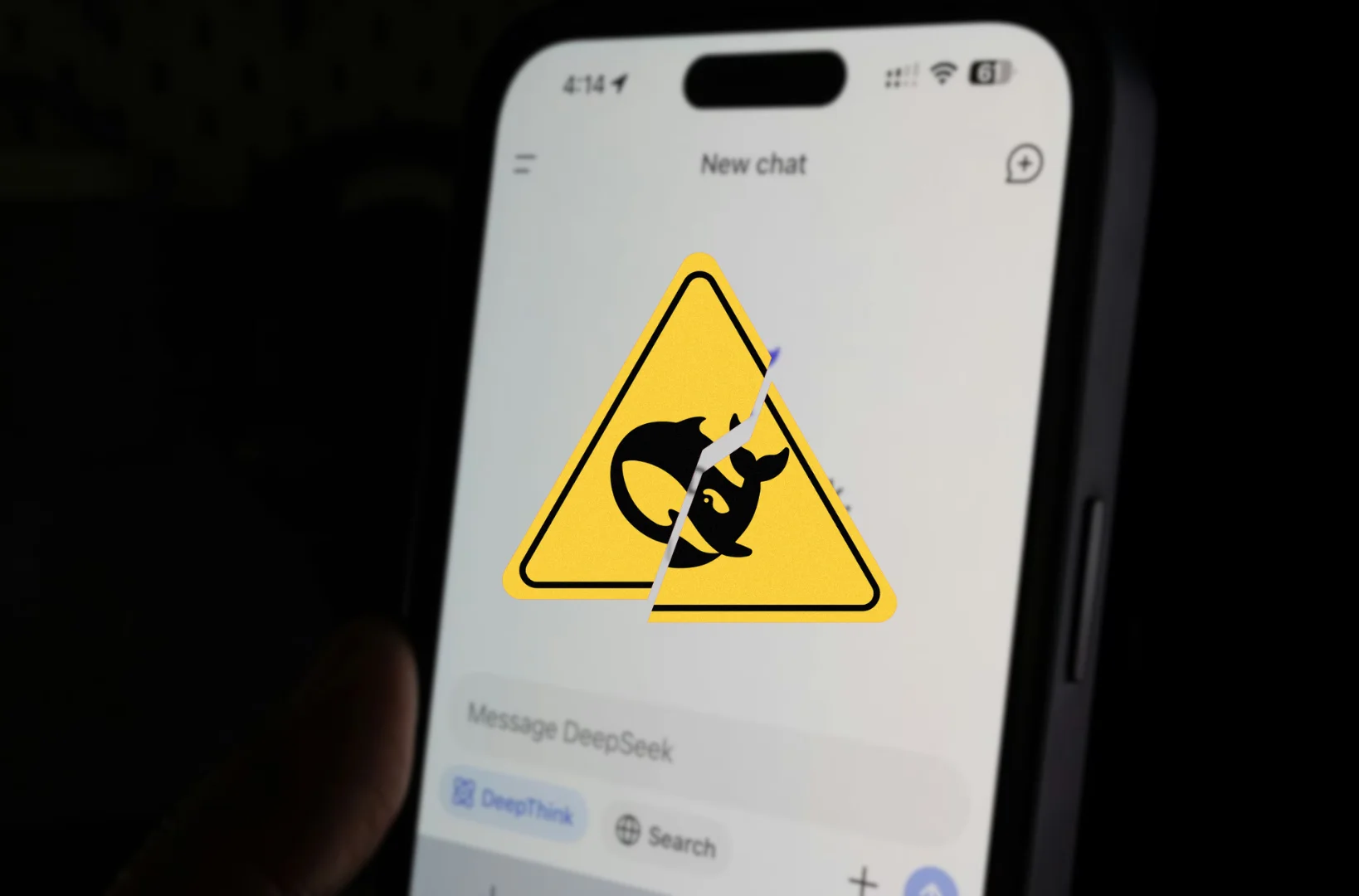In today’s increasingly digital world, where our every move is captured by sensors, cameras, and online interactions, the invisible war of cyber espionage continues to intensify. Behind the faceless screens of the internet, powerful state-backed hackers are quietly, yet methodically, infiltrating systems to steal secrets, disrupt lives, and gather intelligence for their governments. One of the most recent and chilling examples of this invisible warfare comes from a group known as RedDelta, which has unleashed the notorious PlugX malware to target Mongolia and Taiwan. These campaigns remind us of the fragile nature of our digital lives, where no one is truly safe from the prying eyes of cyber adversaries.
Who is RedDelta?
RedDelta, also known as Mustang Panda, is a highly skilled and persistent cyber espionage group thought to be linked to Chinese intelligence. For years, they’ve been methodically targeting governments, businesses, and organizations across the globe, particularly in areas of strategic importance. From military secrets to economic data, nothing is off-limits. Their campaigns have been described as sophisticated and relentless, leaving behind a trail of compromised systems and stolen information. But it’s not just the technical skills they possess—it’s their chillingly calculated precision in executing attacks that makes them so dangerous.
These attacks aren’t random. They’re designed with a clear, strategic purpose—targeting countries and organizations that hold keys to national security, political agendas, and technological supremacy. Mongolia and Taiwan, with their sensitive roles in global geopolitics, have been caught in the crossfire.
The PlugX Malware: The Silent Infiltrator
PlugX is not just another piece of malware. It’s a sinister tool that can be wielded to infiltrate systems, exfiltrate sensitive data, and gain unfettered access to networks. Once inside, it allows the attackers to take control of the entire system, monitoring every keystroke, watching every move, and extracting whatever is deemed valuable—all while remaining undetected.
What makes PlugX so terrifying is its ability to evolve. It can disguise itself in countless ways, adapting and changing to avoid detection. Traditional antivirus software may miss it. Firewalls may let it slip through the cracks. It’s the perfect spy tool for those who want to keep their operations quiet, hidden in the shadows. The impact of this can be catastrophic: the theft of national secrets, military strategies, and economic plans, all with devastating consequences.
The Espionage Campaigns Targeting Mongolia and Taiwan
Now, let’s talk about the human side of these attacks—the countries that have been targeted and the real-world impact these cyber campaigns have on people’s lives.
Mongolia:
Mongolia, often seen as a quiet country nestled between China and Russia, plays an important geopolitical role. Though small in population and size, it has vast natural resources and a critical position in global trade routes. The RedDelta group’s attack on Mongolia was a calculated attempt to extract sensitive political, economic, and security information that could influence regional power dynamics.
The spear-phishing emails used to spread the PlugX malware likely appeared innocent, disguised as official communications from trusted sources. For the targeted individuals, opening that email would be the start of an unseen nightmare. Once clicked, the malware silently installed itself, creating a backdoor into government and corporate systems, siphoning off valuable intelligence in real-time.
For the people working within these sectors, the consequences are not just technical—they are personal. What happens when your most sensitive work is compromised by a shadowy group with no face, no name? The very foundation of trust, which underpins diplomacy, business, and governance, is shaken. And yet, these attacks continue to happen, unrelenting, over and over again.
Taiwan:
The case of Taiwan is perhaps even more striking. The island nation is a global technological powerhouse, home to the world’s largest semiconductor manufacturers and critical infrastructure that powers countless industries worldwide. But Taiwan is also a symbol of defiance in the face of political pressures, particularly from China. For RedDelta, Taiwan presents a prime target—an opportunity to infiltrate and gather information on Taiwan’s defense systems, technological innovations, and its diplomatic relations, especially with Western allies.
In the case of Taiwan, the stakes are high. The PlugX malware allowed RedDelta to infiltrate government and defense systems, quietly exfiltrating vital information. The malware doesn’t just steal data—it’s a digital invasion that undermines the trust that holds society together. It’s not just business or politics at stake here; it’s the very security of a nation.
The Tactics Behind the Attack
The methods employed by RedDelta are a testament to how far modern espionage has come. Gone are the days of clumsy attacks and messy operations. These cyber operatives are master tacticians, using spear-phishing emails as their weapon of choice. The emails look legitimate—sometimes too legitimate. They could easily slip past an untrained eye, which is exactly why they’re so effective.
Once a target opens an infected attachment, the PlugX malware silently activates, infiltrating the system and providing the attacker with a direct line to the heart of the target’s operations. From there, the malware can exfiltrate data, install additional payloads, and maintain control of the system for as long as the attackers wish.
In this digital age, where so much of our personal and professional lives are stored online, the implications of such attacks are devastating. The breach of sensitive data could mean the loss of critical national secrets, the destruction of corporate intellectual property, and, in some cases, even the endangerment of human lives.
Implications for Cybersecurity: Why We Must Care
This isn’t just a story about Mongolia and Taiwan. It’s a wake-up call for the entire world. The fact that groups like RedDelta can infiltrate highly secure government and military networks should serve as a wake-up call to every organization, every government, and every individual.
Cybersecurity is no longer a luxury—it’s a necessity. If these attacks can happen to Mongolia and Taiwan, they can happen anywhere. Think about the sensitive data you interact with daily—your emails, work documents, financial transactions—all it takes is one click, one lapse in judgment, and the consequences can be catastrophic.
So, what can we do to protect ourselves?
- Training and Awareness: The first line of defense is always awareness. Educating employees about phishing threats and how to spot malicious emails is critical.
- Invest in Advanced Threat Detection: Traditional security tools are no longer enough. We need advanced threat detection systems that can identify and neutralize sophisticated malware like PlugX before it has a chance to cause damage.
- Network Segmentation: Not all data needs to be accessible to everyone. By segmenting networks, you limit the potential damage in case of a breach.
- Incident Response Plans: Cyber-attacks are inevitable. However, how we respond will determine the impact. Having an incident response plan in place can make all the difference.
Conclusion: A Growing Threat
RedDelta’s use of PlugX malware to target Mongolia and Taiwan clearly reminds us that the digital world is not as safe as we think. As the lines between physical and digital security continue to blur, the risks posed by cyber espionage grow larger every day. The tactics, techniques, and tools employed by cyber-attackers like RedDelta are constantly evolving, becoming more sophisticated and harder to detect.
But we can fight back. We must recognize the threat, raise awareness, and invest in the technologies and strategies that will help us defend ourselves. Because in this new digital era, the most valuable asset we have is trust—and we can’t afford to lose it.
Suggested Reads:
Google Reportedly Working on a Content Filter Feature for Gemini
OpenAI’s ChatGPT and Sora Services are Now Fully Operational
Parker Solar Probe’s Closest Sun Flyby Sets Records

Burhan Ahmad is a Senior Content Editor at Technado, with a strong focus on tech, software development, cybersecurity, and digital marketing. He has previously contributed to leading digital platforms, delivering insightful content in these areas.









One Response
Your article helped me a lot, is there any more related content? Thanks!